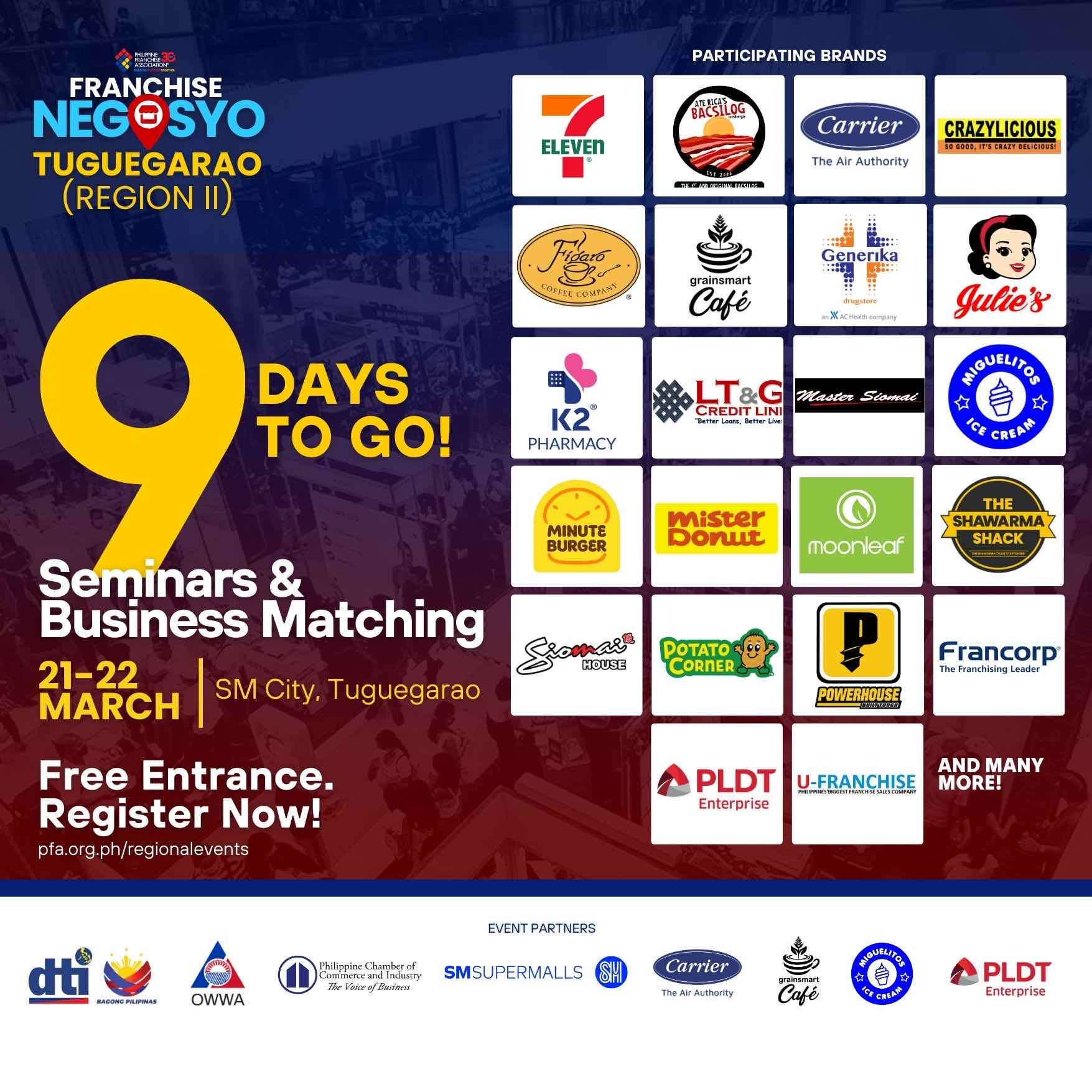
Department of Trade and Industry Secretary Ramon Lopez clarified his recent statement that ‘online barter’ is illegal in the Philippines, clarifying that the exchange of goods for personal transactions, not as an actual business, is allowed.
In a text message released on Wednesday, July 15, Secretary Lopez said barter trade is only allowed in three areas in the country—Siasi, Jolo; Sulu and Bonggao, Tawi-Tawi.
“Outside those areas, barter trading across borders is not allowed. This is what I meant as illegal if done in other areas, or if done online and cross border and as a regular business, in (the) course of trade and not registered, not taxed,” he said.
As a result of the community quarantine and resulting job losses, there has been a significant increase of barter trading—the world’s oldest form of trade which is the exchange of goods and services where no money is involved in the transaction. Many of these barter trading processes have been taking place on social media platforms.
Secretary Lopez further added that local barter trade is subject to regulation and should be registered and would be subject to tax if done in the operation of a business and applicable to online transactions.
Barters with annual gross sales of PHP3 million are exempted from paying value-added tax, said Lopez.
For example, exchanging used gadgets for food and vegetable harvest for school supplies are among the transactions taking place in ‘online barters’, which however are defined as personal transactions.
“However, personal transactions, not in the course of trade and business, are not covered by registration requirements,” he added.
—
Stay updated with news and information from the Department of Trade and Industry by visiting their website at dti.gov.ph.





